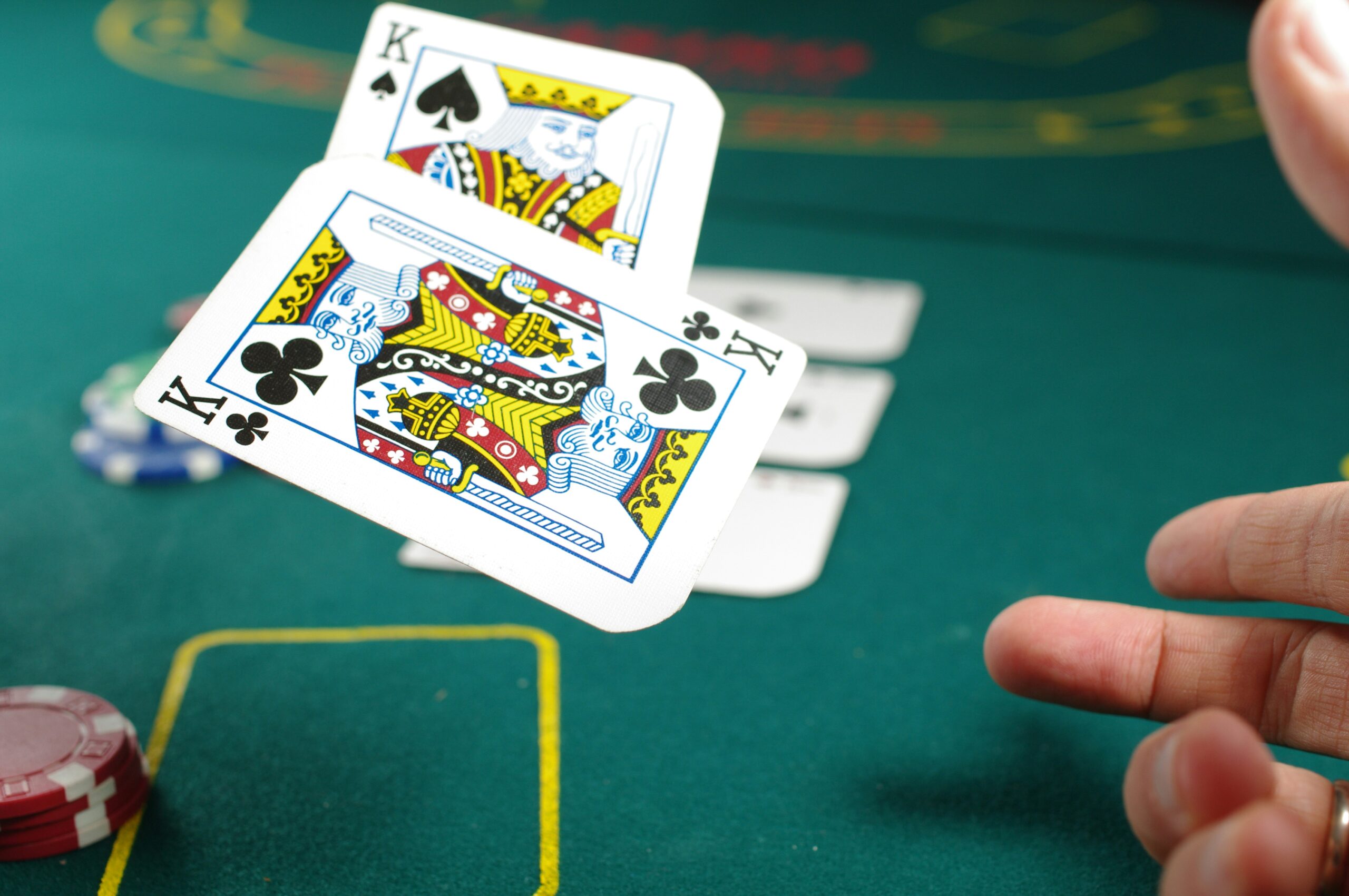
Poker is a game of skill, strategy, and psychology, allowing players to earn a living by mastering its complex nuances. Aspiring professional poker players must be more than lucky; they must develop discipline, understand advanced strategies, and remain resilient under pressure. If you’ve ever dreamed of playing poker professionally, this guide will provide the essential steps you need to take to turn that dream into reality.
Learn the Rules and Key Poker Variants
Before you dive into the world of professional poker, you must start by mastering the basics. This includes understanding the game’s rules, how poker variants work, and learning essential terminology. Popular variants such as Texas Hold’em, Omaha and Seven-Card Stud have their own rules and strategies, so getting familiar with each will expand your understanding of the game.
The initial stage involves becoming comfortable with hand rankings, the betting rounds, and other fundamental aspects of poker. Starting with free games or low-stakes tables allows you to gain practical experience without risking too much money. The goal is to familiarize yourself with all the rules and mechanics so you can focus more on strategy and skill as you progress.
Develop Advanced Poker Skills
Once you’ve mastered the basic rules, the next step is to build a solid understanding of advanced poker skills. Professional players are masters of strategy, knowing exactly when to bet, raise, fold, or bluff. This involves knowing your odds, understanding pot odds, and learning how to read situations and opponents effectively. The key is constantly evaluating every hand and situation to make the best possible decisions.
A strong poker strategy also means understanding concepts like implied odds and reverse implied odds. Learning about hand ranges—determining what hands your opponents might hold—can give you a huge advantage. It’s also important to know when to play tight (with strong hands) or loose (with weaker hands) based on the position at the table. A professional poker player can adjust their strategy depending on the dynamics of the game and the players involved.
Sharpen Your Mental Game
One of the most critical factors in becoming a successful poker player is managing your emotions and staying focused. Poker can be an emotional roller coaster, with the possibility of great wins and devastating losses. The key to handling this is maintaining a level head and avoiding “tilt,” where emotions interfere with decision-making.
It’s crucial to develop mental toughness and self-discipline. Even the best players experience losing streaks, but the ability to bounce back and maintain composure in difficult situations separates the good players from the great ones. Cultivating patience and discipline will allow you to keep making strategic, logical decisions, regardless of the ups and downs you face during the game.
Start Small and Build Your Bankroll
Starting small and gradually working your way up is essential when transitioning into professional poker. Many players make the mistake of jumping into high-stakes games too soon, which can deplete your bankroll if you’re not careful. Instead, begin by playing at lower stakes or in freeroll tournaments to minimize risk as you refine your skills.
Building your bankroll slowly and steadily is essential for long-term success. Starting at low stakes will give you the experience to handle larger pots and more competitive players. Once you feel confident, you can increase the stakes and challenge yourself with more formidable opponents. Always remember to play within your bankroll and set limits to avoid risking more than you can afford to lose.
Join Poker Communities and Learn from Others
Poker is a social game; the best players often learn from one another. Engaging with the poker community—whether through online forums, live events, or social media—can significantly enhance your development as a player. By interacting with others, you gain valuable insights, hear about new strategies, and pick up tips from players who have been in the game longer.
Joining a community also provides opportunities for collaboration. Many professionals have coaches or mentors who help them refine their strategies and provide feedback. In addition, poker coaching services can be an excellent investment for serious players who want to take their game to the next level. Networking and learning from others in the poker world can provide new perspectives and open doors to opportunities that might otherwise be missed.
Commit to Consistent Learning and Adaptation
Poker is an ever-evolving game, and staying ahead of the competition requires a commitment to continuous improvement. Professional players know the game is constantly changing, with new strategies, trends, and tactics emerging regularly. You must stay current with these changes and refine your skills to remain competitive.
Commit to reviewing your play, studying poker theory, and analyzing hands regularly. By reflecting on past sessions, you can identify mistakes, adapt your strategy, and improve your decision-making for future games. Additionally, numerous resources are available, from books to videos and podcasts, that can offer valuable advice and insights from top poker professionals. By dedicating yourself to lifelong learning, you’ll ensure that you stay at the top of your game.
Becoming a professional poker player is a challenging journey, but with the right combination of skill, mental resilience, and constant learning, you can achieve success. The road to professionalism requires dedication and patience, but poker can be a gratifying career for those willing to put in the effort. By following the steps outlined in this guide, you’ll be well on your way to turning your passion for poker into a thriving profession.